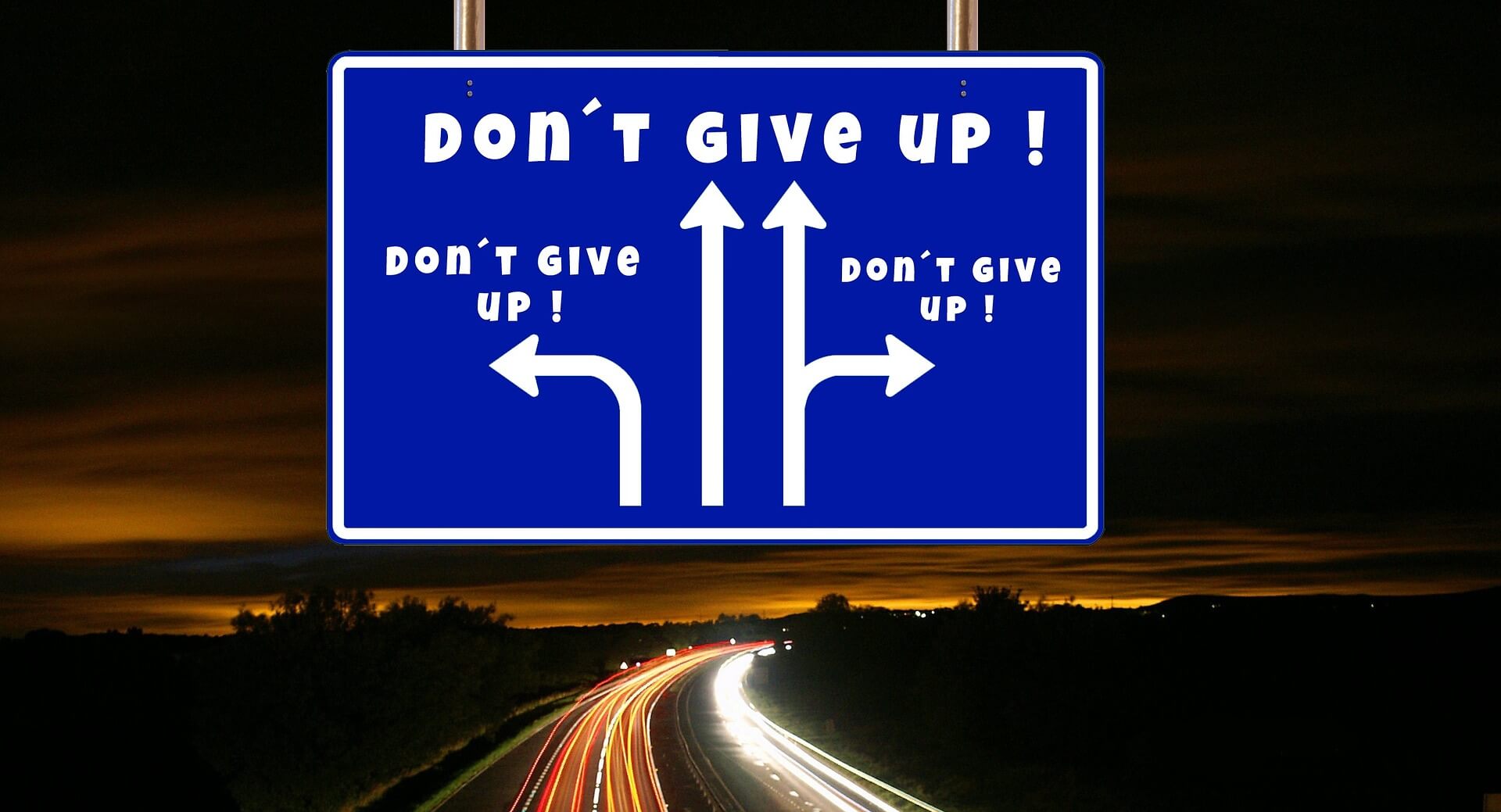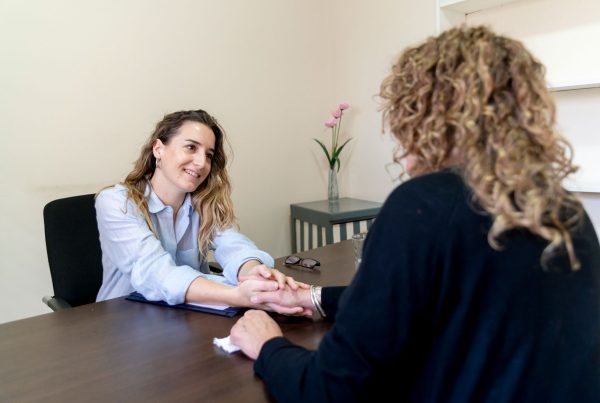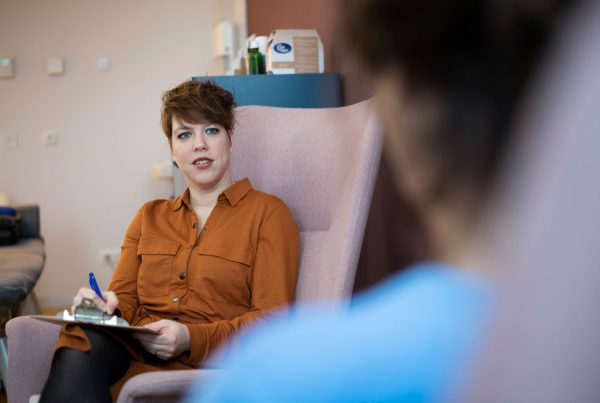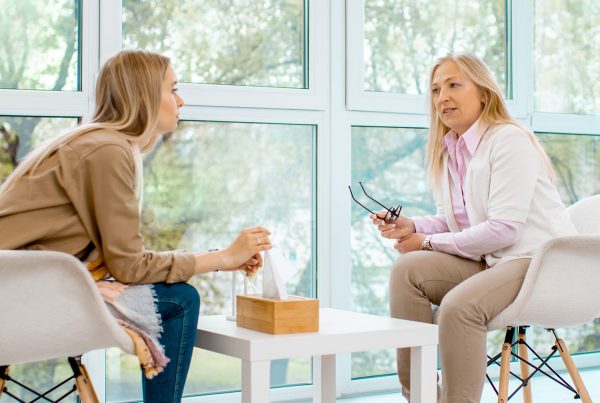5 Tools for Coping With Anxiety
In my last post I defined anxiety and how anxiety can manifest itself in your life. This post is meant to give you 5 tools that can help manage your anxiety. While these tools may seem like I took a page out of the “Common Sense Handbook”, I can assure you they are far less practiced than you may think.
1. Sleep at Least 7 Hours a Night
Some of you may be thinking, “I can’t sleep that long because my anxiety keeps me awake”! And that may be true. Consider this then; make your bedroom available only for sleep. This is the number one rule in sleep hygiene guidelines. There are countless studies that show doing anything besides sleep (or sex) in the bedroom is detrimental to your health.
For example, when you stay up looking at your phone, the LED light from your phone reduces your circadian rhythms and reduces your melatonin levels. This prevents your body from shutting off. Or even reading at night can prevent you from getting those much needed “z”s.
According to Lawrence Epstein, MD (Chief Medical Officer of the Harvard Sleep Health Centers), “The effects of sleep deprivation are cumulative—they never plateau”. When you don’t get enough sleep, you may perceive that you have reached a peak tiredness, but what is actually happening is that your health is continually decreasing. So be sure to always get enough sleep if you struggle with anxiety.
2. Exercise at Least 3 Times a Week for 1 hour
In 2013 there was a study done by a group of Princeton scientists with a subsequent article written in the New York Times about the effect of stress on sedentary mice compared to mice that exercised. Without getting into the technical weeds, basically they found that the group of mice that exercised, when exposed to stress, were able to normalize the stressful event into their lives.
This study helped further explained the interaction between exercise and anxiety. When you exercise (i.e. run, bike, hike, etc…), you activate specific brain cells that help regulate anxiety. By engaging in intense exercise 3 times a week for an hour will greatly help your struggle with anxiety. I am by no means saying that you need to become the next Michael Phelps, but getting outside and moving your body will help calm your brain down and train it to normalize stressful situations.
3. You Are What You Eat
Some people suffering from anxiety tend to lean toward eating to cope with their feelings. Clients tend to eat food that makes them feel better in the short term (i.e. pizza, ice cream, candy, etc.) but in the end they feel the crash of those foods. Take pizza, for example. Pizza is mostly cheese and carbs, which means directly after eating pizza the brain’s endorphins spike, giving the person a good feeling. But then an increase in serotonin leads to a crash.
This roller coaster of emotions is not helpful if you are trying to cope with anxiety. It is best for the person struggling with anxiety to focus on eating balanced meals. Diets that include high fiber and protein content, avoiding things high in carbohydrates or full of sugar, will get your body working more efficiently and will help maintain homeostasis with brain activity.
4. Volunteer
One way to cope with your anxiety is by volunteering. By giving back to your community, not only do you take a break from everyday stressors and triggers, but you build a support network. This is a great way to build friendships and connections that will be there for you.
According to Stephanie Watson, the Executive Editor for the Harvard Health Blog, “Many people find volunteer work to be helpful with respect to stress reduction, and we know that stress is very strongly linked to health outcomes”. By giving back you are helping others, and in turn that helps your health.
In addition to being a great way to build a support network, volunteering in something that you’re actually interested in/excited about can be a great way to clear your mind and is a good way of dealing with stress. Often times, working with plants, art, children, or the needy can be a wonderful outlet for a busy mind.
5. Meditation/Yoga
Meditation and yoga are two of the best ways to cope with anxiety. Both practices focus on breathing and focus on limited distractions. With Yoga, you have the added benefit of stretching and exercise. Anxiety is a distraction that is amplified by distractions and constant external and internal stimulation. By focusing on breathing with limited distractions, you can help alleviate the symptoms of anxiety and clear your mind.
Conclusion
There are many ways to deal with anxiety. These five are meant to be a primer to starting down your journey of healing. By following these simple tips for a consistent period of time, you can learn to cope with your anxiety, and maybe learn more ways to cope. Of course, pursuing professional help in dealing with your anxiety is a great idea, these are some of the more cost-effective ways of dealing with your symptoms.




